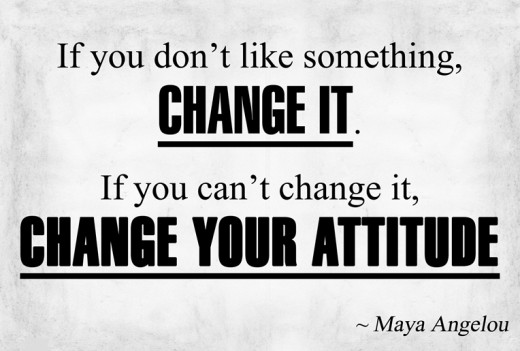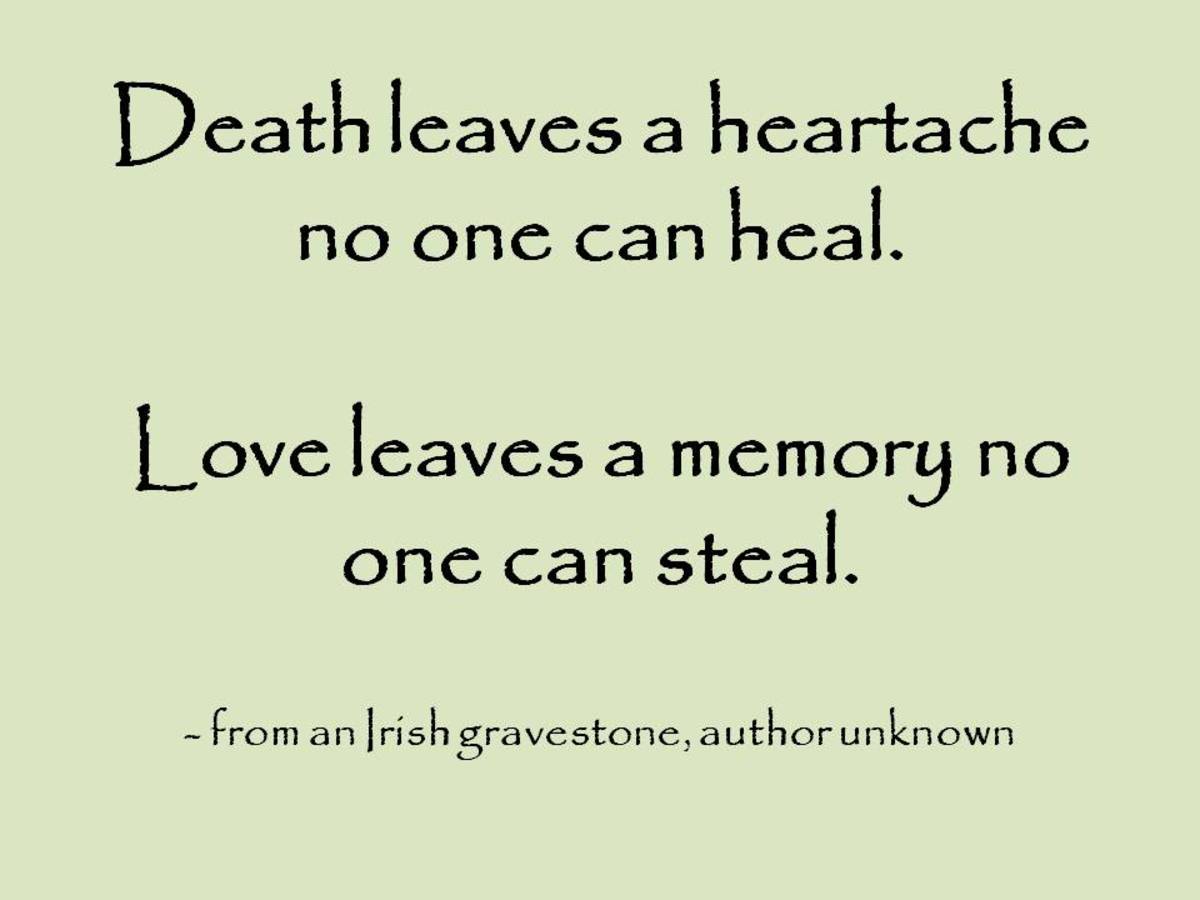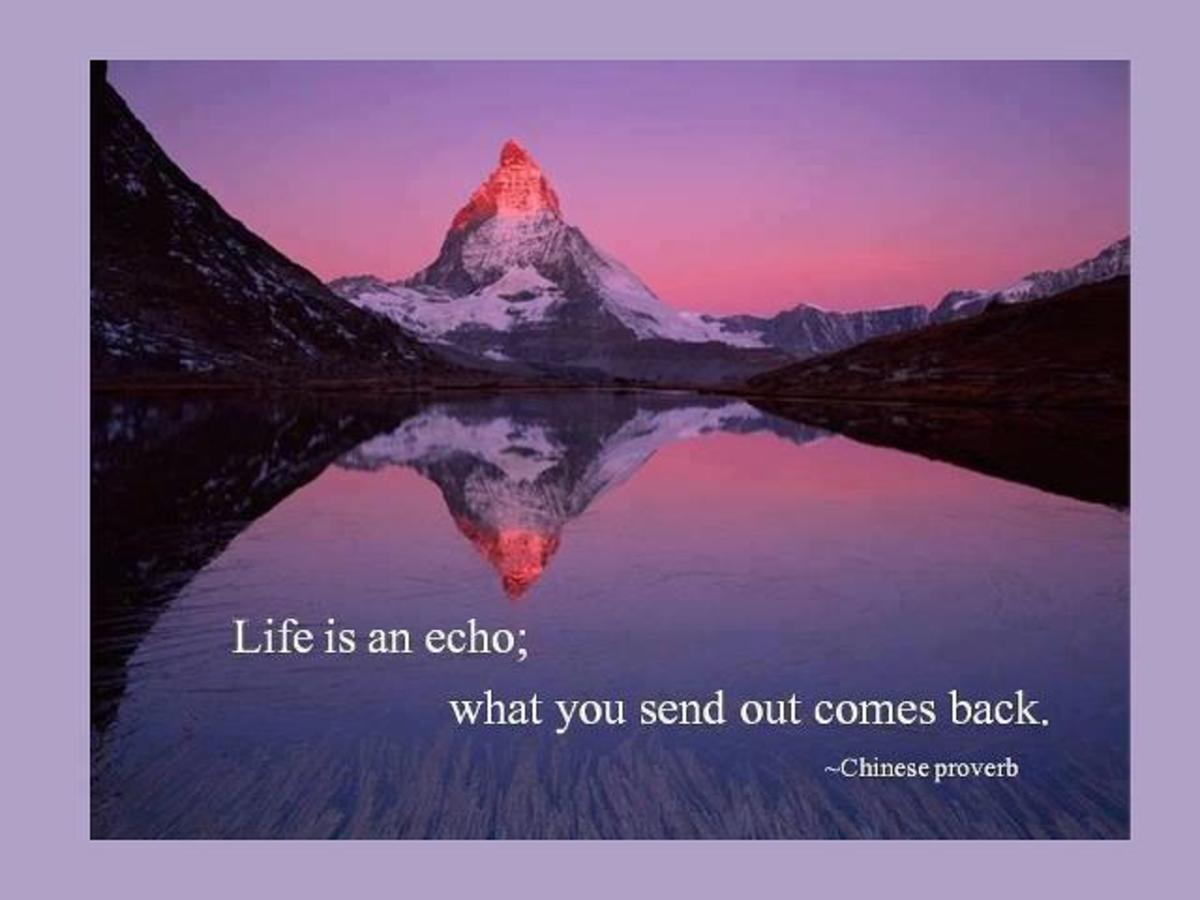Coping with the Death of Loved Ones (in a Buddhist Perspective)
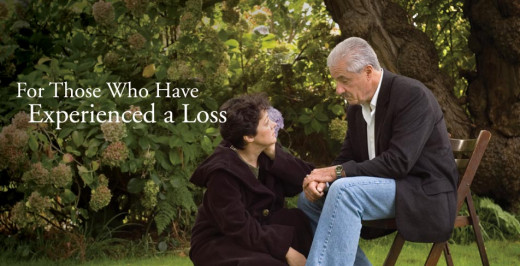
What is Death?
Death is a strange phenomenon. We experience death everyday, but we are quite incapable to grasp the concept. Or maybe even reluctant to accept the concept. Thousands of people leave this world everyday, millions per a year and many many billions since the beginning of the human kind. And this is without accumulating all the deaths of other lively creatures that make up this world.
Death is a natural occurrence in the world. Without it the world would have been in a much worse position right now. Imagine if nothing killed tyrants such as Adolf Hitler, Osama Bin Laden and Saddam Hussein and what if they still lived? What if death didn't exist? What would happen as we age? Will there be no end for life? All these problems were answered by the nature itself by creating 'death'.
Of course death of tyrants, murderers, rapists, smugglers, drug lords etc may seem very fair and justice to us. But what about the passing away of someone we truly loved? That is something we are deeply in denial of. But the intelligent thing would be to understand the very nature of this entire universe-"constant change".
What Buddhism teaches us about Death...
Probably one of the most famous tales about death in Buddhist literature is the story of 'Kisa Gothami'.
Kisa Gothami lost her newborn baby and it was so much for her to bear. She would not even accept the fact that her child had passed away. She carried the lifeless child all around the city, weeping and out of mind, looking for someone to help bring her child back to life. So many people tried forcing the truth in to her, but all of this only made her even more sad and scared. In the end one man advised her to meet The Buddha and said he is the only person who can bring your child back to life. Kisa Gothami was desperate for any help she could get and ran off to meet The Buddha, still carrying her lifeless child on her shoulder. In a glance The Buddha understood that trying to convince her with mere words will not suffice to make this woman accept the truth. So instead, The Buddha addressed her and said that if she is able to bring a handful of mustard seeds from a family where no one has ever died, he is able to revive the child back to life. Enthralled by this information Kisa Gothami runs off to the closest house and asks for some mustard seeds if they have not lost any family member ever. They say that they have lost plenty of their family members and loved ones and hence can't help her. The same thing happens over and over and over at every house she goes seeking for help. About a few dozen houses later she realizes that every family has lost someone in their family and sometimes even more than one or two. This realization opens her mind. She realizes that death is a natural thing, common to everybody and exceptional to no one. She then accepts the death of her kid and buries him and goes back to The Buddha and enters the Bhikkuni ordain as a monk.
What this simple story tells us is that no matter how hard it is 'accepting' the fact that someone has truly left us from this world is probably the biggest step in coping up with the passing away of your loved ones.
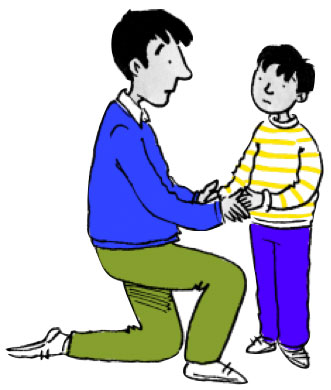
Many people tend to be traumatized when a family member passes away. Well it is quite justifiable if the person expired prematurely through an unfortunate incident. If the passing away was foreseen for quite a period, one should be able to make up their mind and accept the fact that this person in fact is going to leave all of us. Denial of this fact only makes it worse for you and if any, dependents of you. Specially if you have kids, if one parent passes away, it is the duty of the other to be the anchor for the kids. You will have no choice but to play the part, and more.
Proper grievance...
To a loss of a loved one, it is quite normal for people to have a grieving period. In fact it may even be healthy to grieve, mourn and get it out of your system rather than hold it inside of you. Grievance should be something spiritual, something meaningful. According to Buddhist philosophy, it is customary to give alms to Buddhist monks and relatives of the deceased. Buddhist monks in return preach us Dhamma and grant good karma for the living and the dead-for the living to make a better living and for the dead to ease their journey on the other side. This is considered a great good deed is a valuable and sensible grievance activity. For other religions still alms is a valid and accepted proposal. Anything good done in memory of the deceased is accepted as good grievance procedure.
Getting back up...
No matter what life throws at you, you just have to get back up. Death is just as same. No exceptions. If you have already accepted the passing away, this should be relatively trouble-less. The dead is gone. You must live for the living. You will have a thousand and one obligations still left undone in this world. You have to straighten them. You have to accept the void created by the deceased. Sometimes you may have to fill it too. Friends and family support can be vital during this period. You should not be or feel isolated in the recovery process. Being isolated starts to play tricks with your mind, which are unreal.
Your mind is the biggest shield you have against any real or imagined, physiological or psychological threat. A stronger mind works miracles. A stronger mind is capable of accepting the truth of it, of everything, critical reasoning and clear and precise judgement. Everything you see and how you perceive them is a function of your mind. So a developed mind will perceive death as a mere 'change' in life no matter how traumatic it is. This does not mean that you are not allowed to weep for them, mourn for them and miss them. This simply says that all of that should be done with a clear sense, motive and a purpose.
Most inspirational words from the creative wizard, Steve Jobs.
The ultimate truth...
According to Buddhism the ultimate truth about this universe is that 'everything is in a continuous state of change'. Buddhist literature dictate that 'the only thing that doesn't change, is the fact the everything changes'.
It is a really simple truth actually. Everything that we see around ourselves is always in a continuous state of change. And life is not an exception to this law. We are given birth to this world with an expiration date stamped on our foreheads. That is the plain truth. Getting on with life with an understanding of this simple rule can make our lives that much easier.
